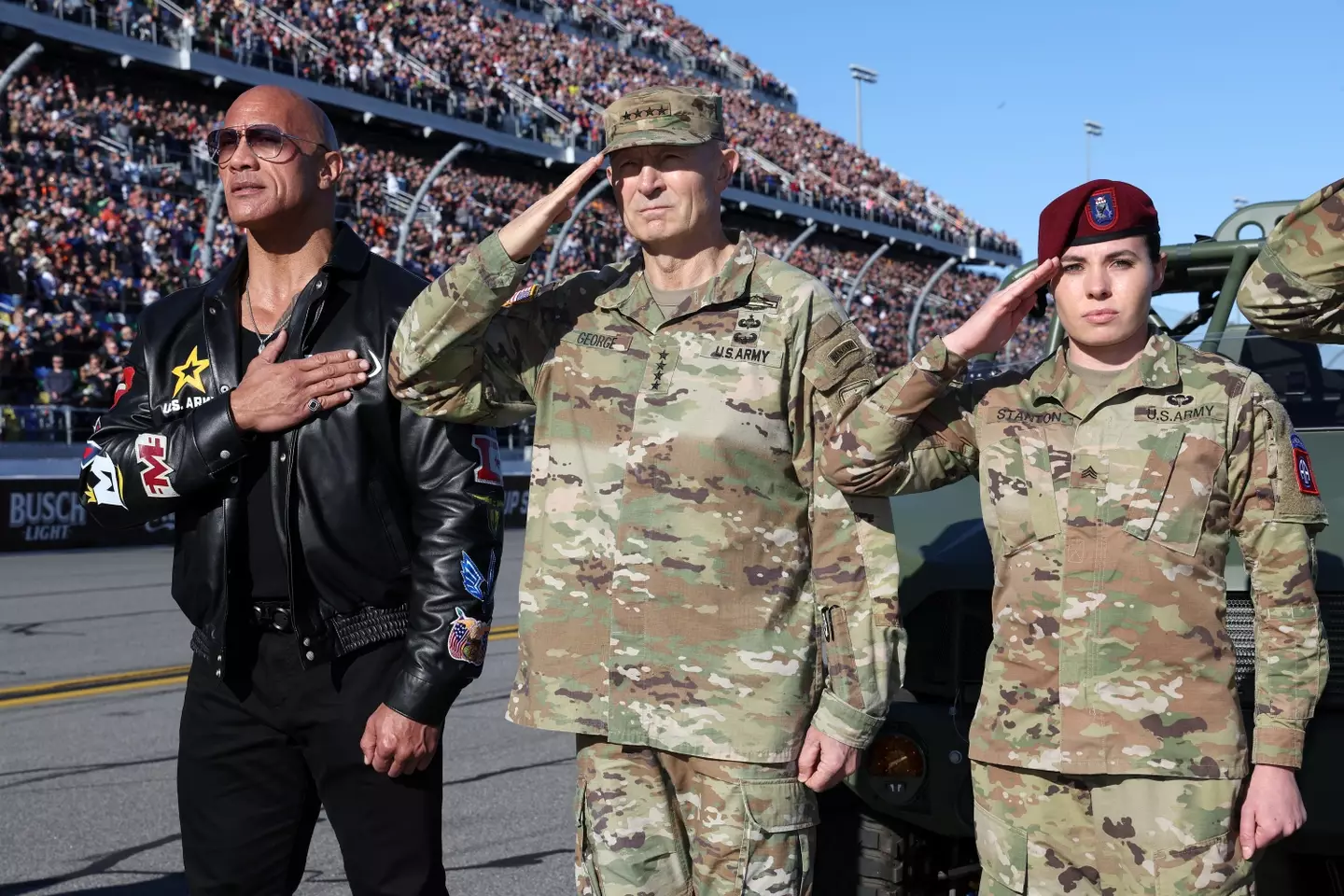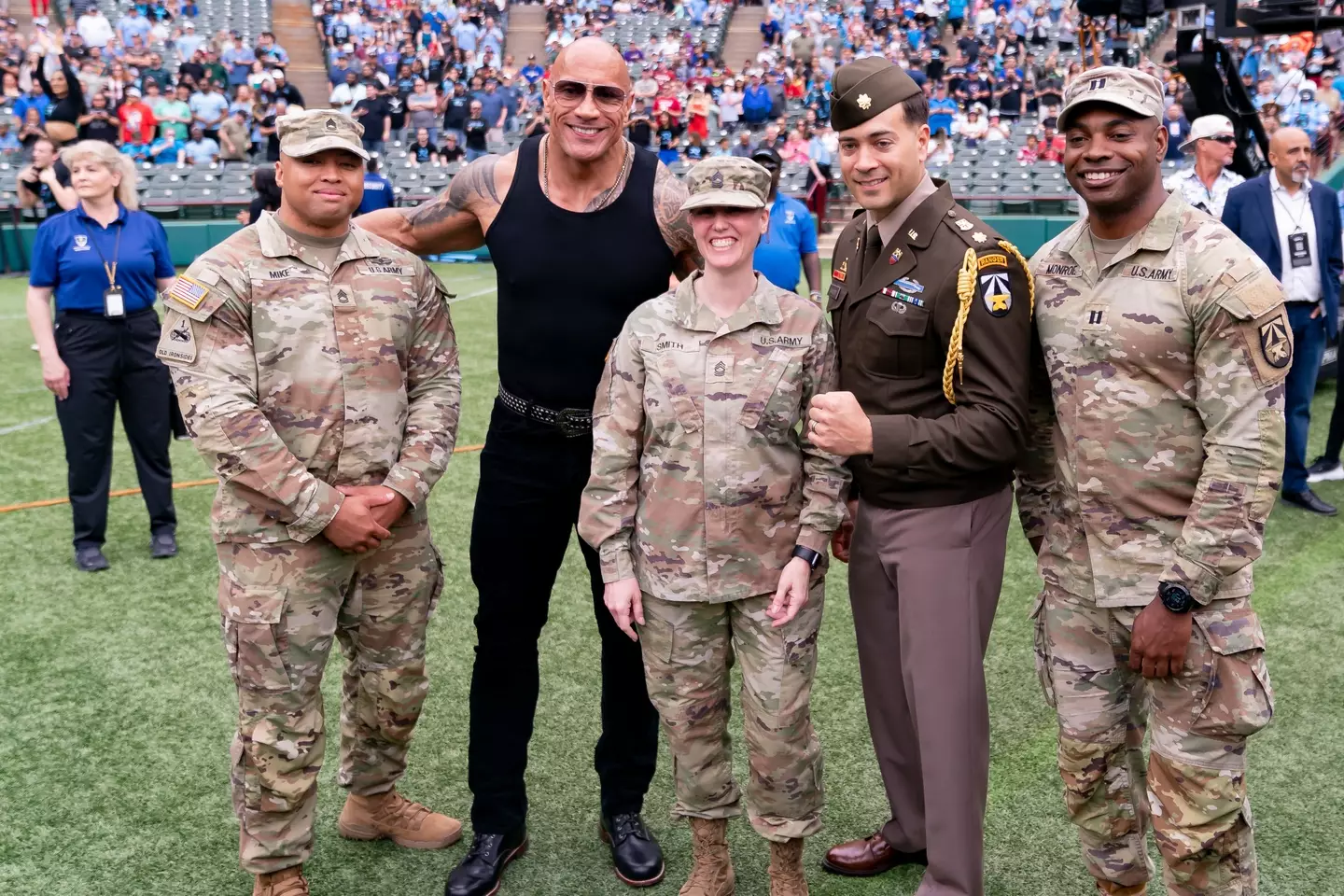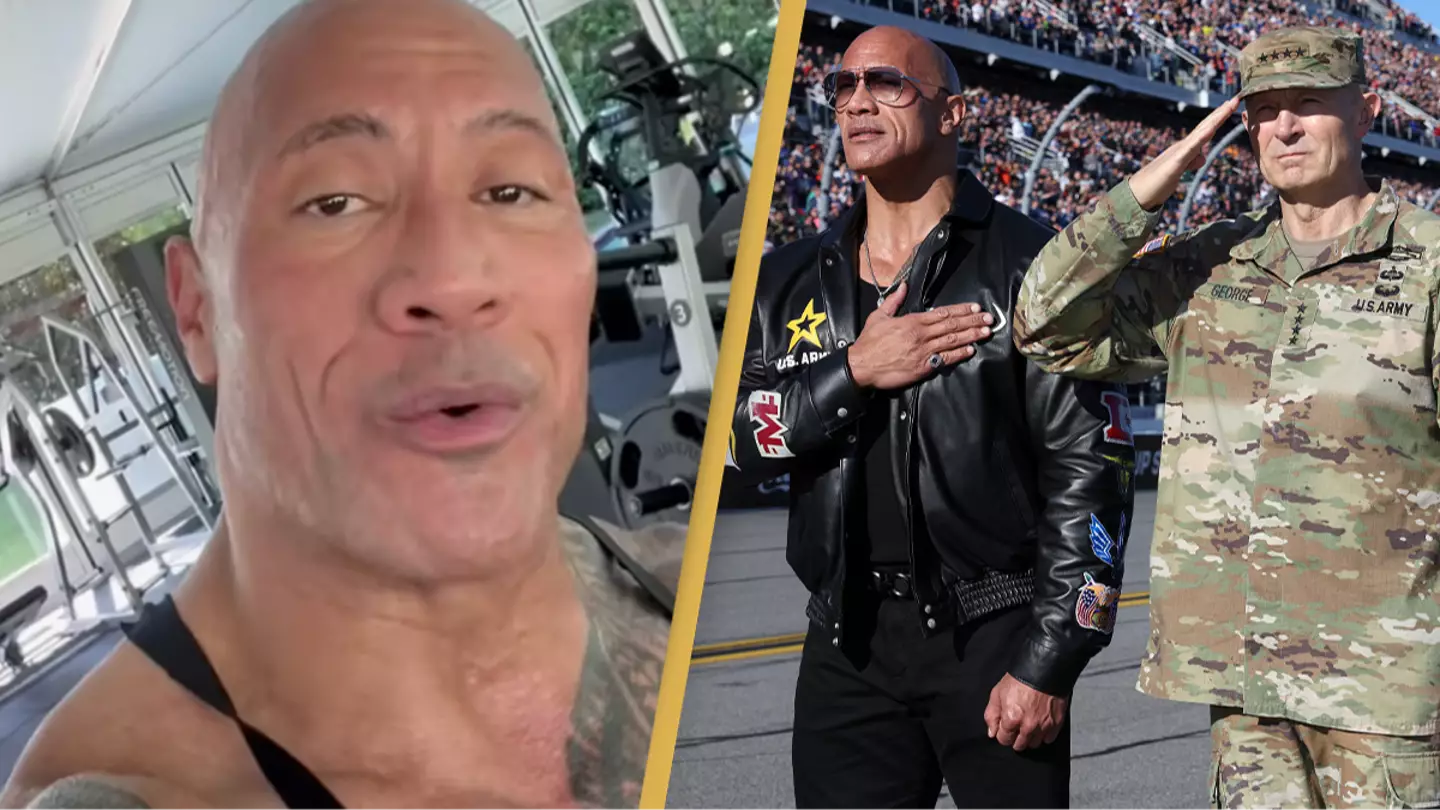The Army faced a setback when a promotional collaboration with the Rock failed to deliver the expected results, despite the hefty cost of the campaign, which did not attract a single new recruit.
Even though the Rock, a renowned figure as a wrestler, influencer, and actor, was the face of the campaign, it did not convince people to join the military.
The Army’s promotional efforts were not just centered on the Rock but also targeted his recently established United Football League (UFL).
Not familiar with the UFL? That’s understandable. This minor league football alternative to the NFL began its games in March of this year, following the merger of the XFL and the United States Football League.

Dwayne Johnson, popularly known as the Rock, is one of the owners of the league, which explains the Army’s optimism. The combination of football and a high-profile celebrity was expected to boost recruitment numbers.
However, the outcome was quite the opposite. Some reports even indicate that the campaign led to a decrease in enlistments. Quite a setback.
The Army spent approximately $11 million to be the premier partner of the league, ensuring their logo was prominently featured on the jerseys of players on all eight teams, on the field, and in other key branding areas during games, including replays and social media. Despite this extensive exposure, there were no new recruits. One might wonder if this costly mistake led to any consequences for those responsible.
An internal review by the Army revealed that the partnership actually resulted in a loss of 38 enlistments. Spending $11 million only to move further away from the recruitment goal must have been a tough pill to swallow.
Before finalizing the deal, which had been in the works since February 2023, there were internal concerns about its potential ineffectiveness in appealing to Gen Z.

Retired Maj. Gen. Alex Fink, the head of the Army’s marketing division at the time, cautioned in March 2023 that the XFL had a limited online presence and low engagement on social media.
“These posts do not demonstrate interest or excitement from our prospect audience or influencers,” he noted in a memo.
“Less than [1,500] posts fall within the 18-35 age range.”
Ignatios Mavridis, the deputy chief for Army marketing, also expressed doubts about the partnership’s effectiveness in achieving the desired outcomes.
“The XFL provides minimal unique market coverage not already supported by the Army’s current media plan.”
So, the next time you watch a UFL game, keep an eye out for the Army insignia.

